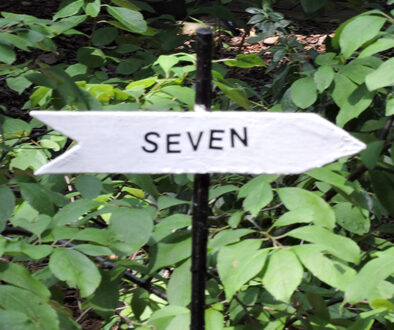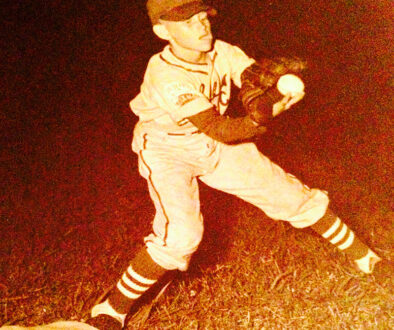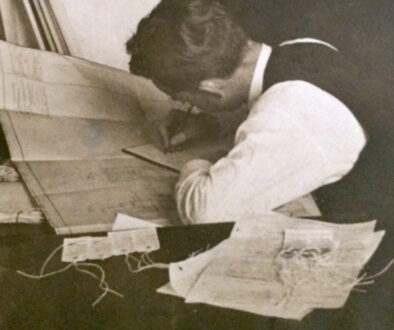Tell us your story
Originally written for Charlotte Readers Podcast. Reposted with permission.
 What’s your story? We all have one––more if you’re my age. So why not share your wisdom, maybe even write a book, and leave something for your family to remember you by?
What’s your story? We all have one––more if you’re my age. So why not share your wisdom, maybe even write a book, and leave something for your family to remember you by?
It’s not a new idea. Your book could start when you were born and continue till today—an autobiography. Or you could write about one part of your life, like how you always got As in math but flunked creative writing in third grade. Books that focus on one part of your life, not the whole, are memoirs. One isn’t better than another, so you pick. But unless you’re a household name, more people will be interested in how you used math to become great writer.
And, as you’re probably not a household name, let’s make it a memoir. A memoir should stick to one or two themes. Using math to be creative is a great idea. You could write about what worked for you and then wrap it all in the idea that using one strength to build another is a good lesson for us all.
So what next? Maybe you find a friend to read it and offer advice. Not tear it apart, but give you a balance of pats on the back to kicks in the seat. Remember, it’s only the first draft. That’s why it’s called “first” and not “final.”
When you have something ready to show someone you don’t know, it’s time to hire a developmental editor who can adjust the story so it has the most appeal. Not to change facts or write it for you, just to put the story in order and give it an “arc.” But remember, editors, like all the other professionals you will encounter on this journey, are like the sign in the seafood shop, “Good fish ain’t cheap and cheap fish ain’t good.” Also, while we’re talking about cost, you need a budget for this “book thing” you’re spending so much time on. How much can you spend, and will your story be sold for “cash money,” or will it be free for family and friends? Either is fine; one just doesn’t ring the register. But as your book has lessons on using one strength to build others and thus has wide appeal, let’s offer it to the entire world––it could use help, right?
Next, you will want a copyeditor to look for things that don’t conform to the Chicago Manual of Style. Yes, there’s a book that makes laws about usage and grammar. It’s in its seventeenth edition, is thick, and weighs a ton. But you don’t need to bother with this if you’re Emily Dickinson or William Faulkner. But you’re not, so play by the rules.
Then you’ll need a set of eyes to proofread everything. That should have been done all along, but it’s amazing how many eyes can read the same misspelled word without noticing. And don’t forget an art director to design the cover, choose a typeface, and do the page layout.
Sure, you could do everything yourself, like setting the bone in your leg if it’s broken, but the final result of either will be better if you hire professionals.
Now you’re ready to publish. Do you send “your baby” to dozens of publishers and go on vacation, waiting for a reply? Or do you publish it yourself? Indie publishing may be best. Remember, you are not a household name, and this is your first book, so even though you and I know it’s a sure-fire winner, self-publishing will be faster and give you more control.
Next, the part writers hate––marketing. Your book may be fantastic, but if no one reads it, so what? You’ll need a website, social media presence, and countless connections in the unknown book publishing and distribution world. So it’s best to hire a publicist. And, if you haven’t already started adding up the pieces, reread the budget part.
Finally, you’re ready to launch. Congratulations! But if you thought you were finished when you typed “The End,” you’re only halfway. So, stay with it, and keep writing.


